Are you a Matcha seller? Join as a Vendor
FSSC 22000 is a GFSI-recognized food safety certification that uses ISO standards with 3-year audit cycles. Helps matcha brands meet retailer requirements.
There are no results matching your search
There are no results matching your search Reset filters?
FSSC 22000 is a globally recognized food safety certification scheme that integrates ISO 22000 management system requirements with sector-specific prerequisite programs and additional scheme requirements. This certification provides matcha brands and vendors with a systematic approach to food safety management that’s recognized by the Global Food Safety Initiative and accepted by major retailers worldwide.
The certification encompasses your entire operation from raw tea leaf processing to final matcha powder packaging and distribution. It requires implementation of HACCP systems that identify and control biological, chemical, and physical hazards specific to tea processing. Your facility must establish documented prerequisite programs covering facility design, equipment maintenance, pest control, and personnel hygiene.
Version 6, mandatory since April 2024, adds requirements for food defense measures, fraud mitigation strategies, and climate change considerations. You’ll need a documented food safety culture plan with measurable targets and timelines for continuous improvement.
Most matcha facilities complete FSSC 22000 implementation within 6 to 18 months, depending on existing food safety systems. The process starts with a gap analysis against current practices, followed by system development including HACCP studies and prerequisite program documentation.
Key milestones include:
FSSC 22000 certification opens doors to premium retail channels and export markets that require GFSI-benchmarked standards. Major food retailers, specialty tea importers, and food service companies often mandate this certification from suppliers. The systematic approach reduces food safety incidents and associated costs while building consumer trust in your matcha brand.
Over 27,000 facilities worldwide hold FSSC 22000 certification, with the food certification market growing at 10.4% annually. Initial certification costs range from $3,000 to $10,000 depending on facility size, plus ongoing surveillance audit fees every 6-12 months.
Unlike basic ISO 22000 certification, FSSC 22000 includes specific prerequisite programs and additional requirements that demonstrate comprehensive food safety management. This differentiates certified matcha brands from competitors using less rigorous standards. The three-year certification validity reduces administrative burden compared to annual renewals required by some competing schemes.
Japanese matcha producers like those certified under FSSC 22000 demonstrate their commitment to international food safety standards, supporting premium positioning and export growth. The certification’s focus on traceability, supplier control, and contamination prevention aligns perfectly with quality-conscious matcha consumers’ expectations.
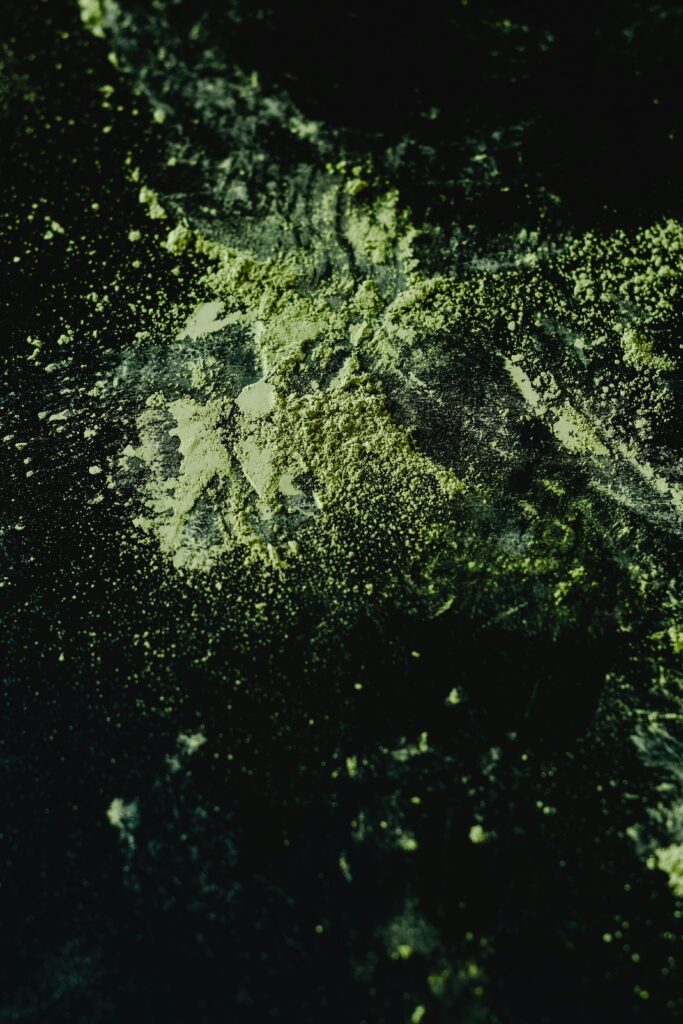
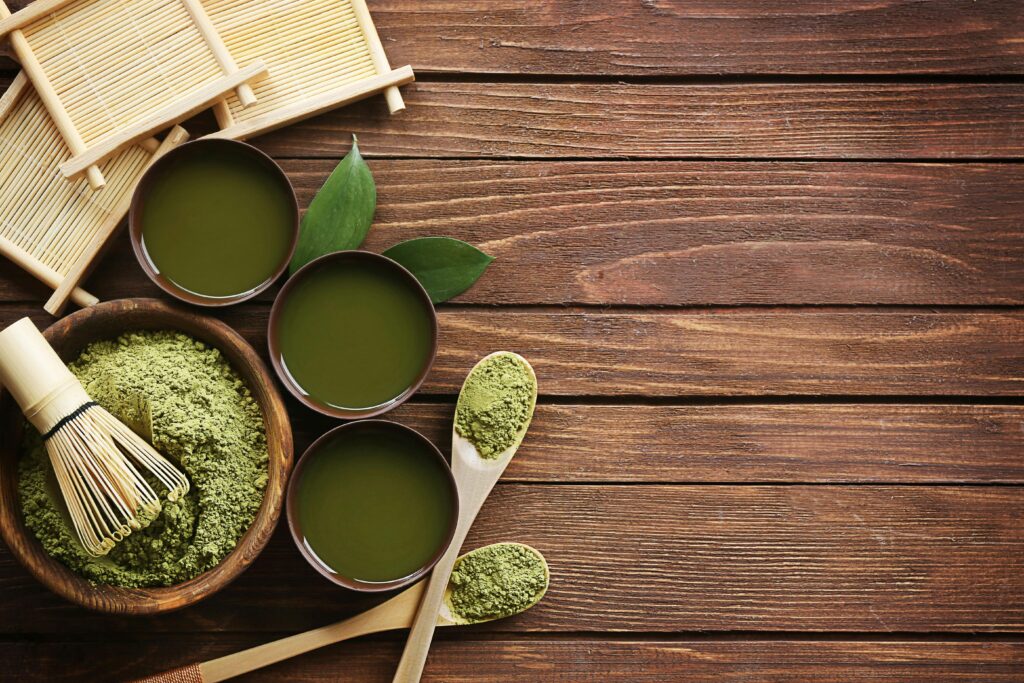
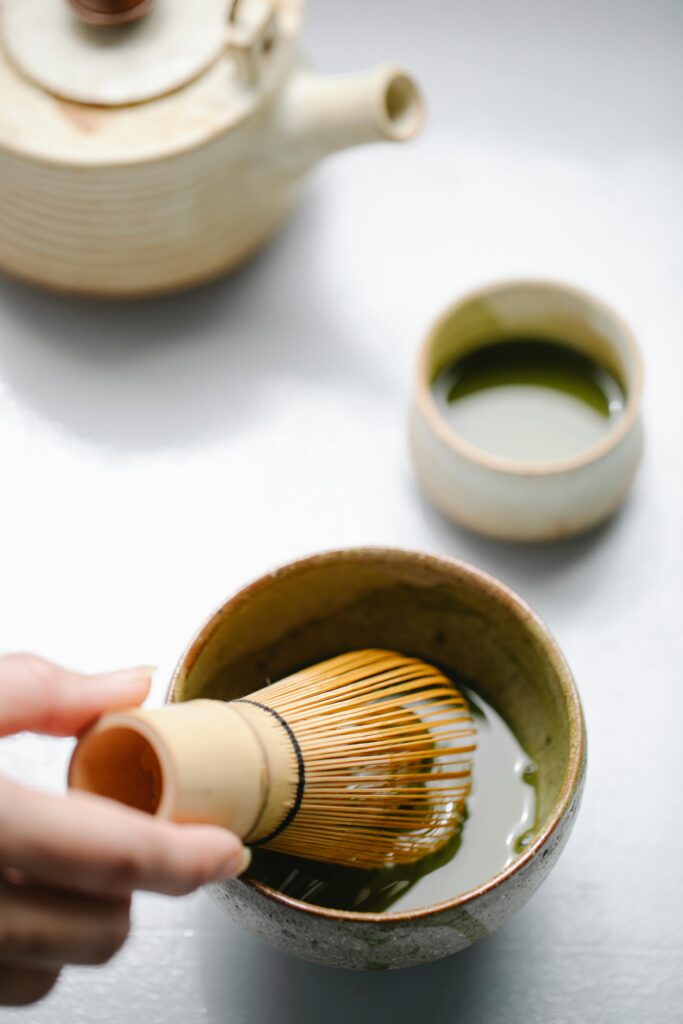
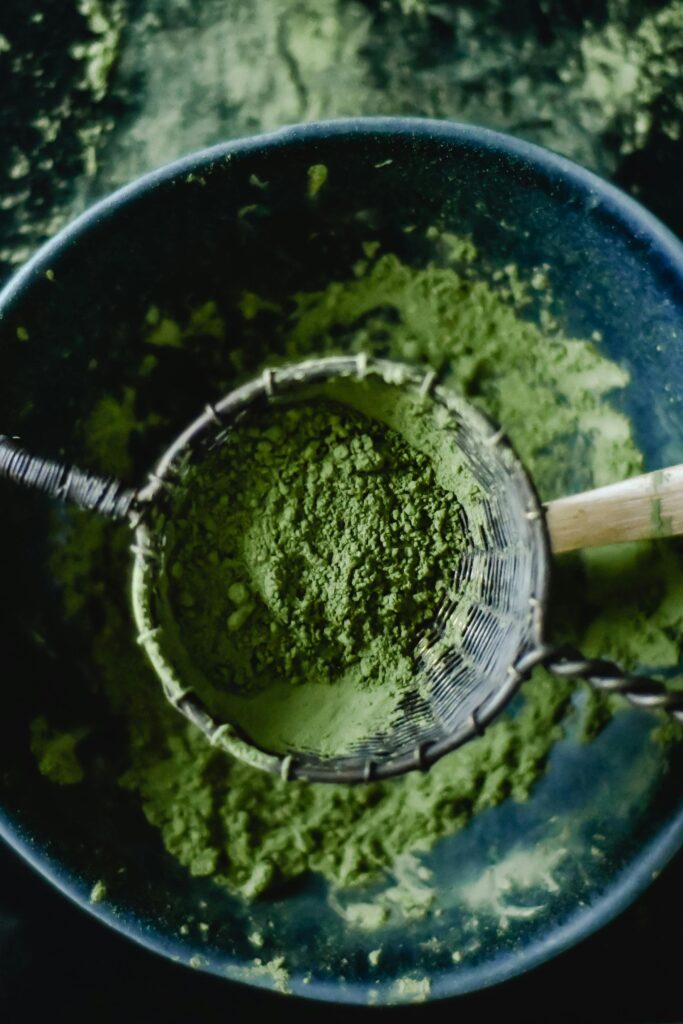
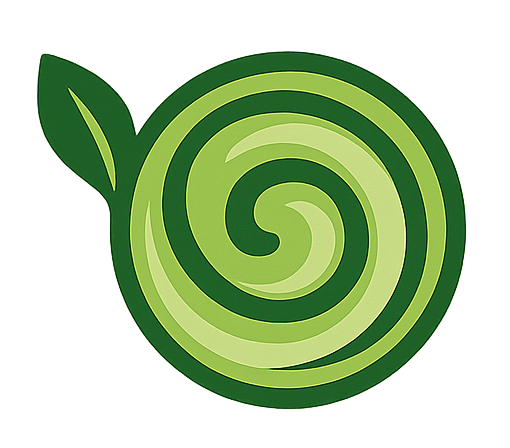
Join our mailing list to receive updates and exclusive tips.
There are no results matching your search